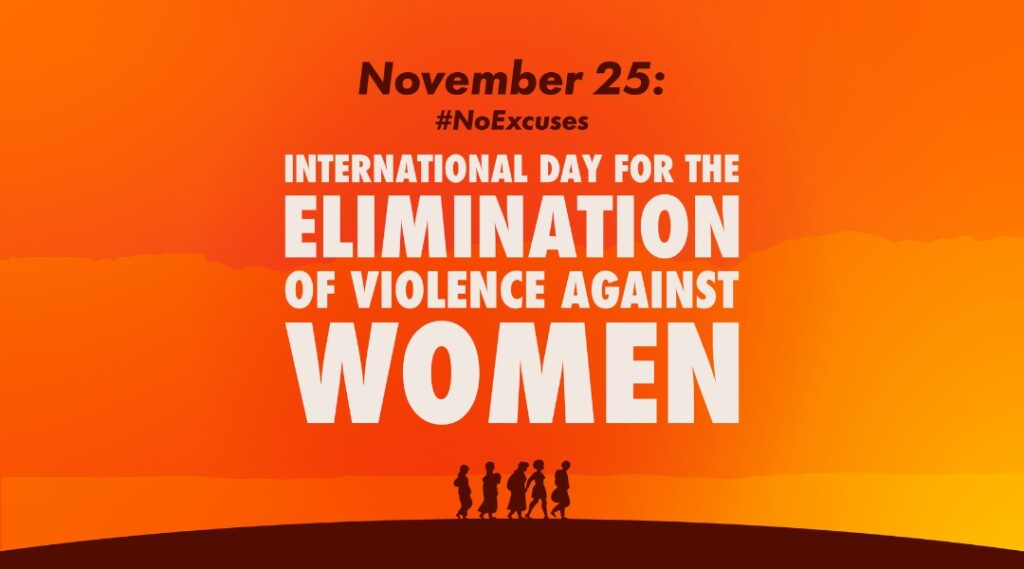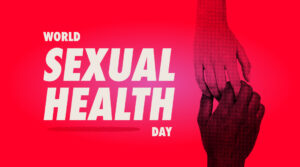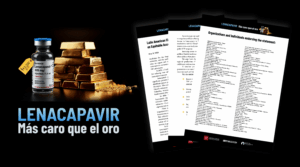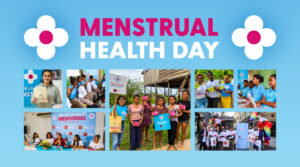Urgent international action is needed to protect the health and lives of over 20 million women who migrate or are displaced within or outside their countries in Latin America and the Caribbean. Studies by the Economic Commission for Latin America and the Caribbean (ECLAC) reveal that two out of ten femicide victims in the region were migrants.
Between 2020 and 2023, approximately 15,000 women fell victim to femicide in 26 countries in Latin America and the Caribbean, according to the Observatory on Gender Equality of ECLAC. The highest per capita rates were recorded in Honduras, the Dominican Republic, El Salvador, Uruguay, and Bolivia, with Brazil reporting over 1,400 femicides last year alone.
In Guatemala, 28% of surveyed women reported witnessing psychological violence, 16% physical violence, and 13% sexual violence, as noted by ECLAC.
Another ECLAC study in 2022 across nine countries revealed that 19% of femicide victims were not in their country of origin.
In El Salvador, 68% of femicide cases involved non-Salvadoran women. The equivalent figures were 16% in the Dominican Republic and nearly 10% in Chile. For 2021, this percentage rose to 18% in Chile.
We call on governments in the region to prioritize public policies that ensure prompt access to healthcare services for migrant women who have experienced violence.
This is the plea of AIDS Healthcare Foundation (AHF) in Latin America and the Caribbean on this November 25, the International Day for the Elimination of Violence Against Women. AHF is an international organization that provides HIV and other sexually transmitted infection (STI) testing and treatment across 12 countries, including services for migrant and diverse women.
Through confidential clinical care, AHF staff and partner organizations witness firsthand the tragic health and life vulnerabilities faced by migrant women, particularly transgender and transsexual individuals, during their journeys.
Two out of five migrant women in Central America have reported experiencing some form of gender-based violence during their travels, according to a recent study supported by the World Bank.
Addressing Sexual Violence
Policymakers must recognize that migrant women, particularly transgender individuals, face disproportionate risks of sexual assault and other forms of violence.
International organizations and national governments are also aware that women experiencing gender-based violence are at higher risk of contracting HIV.
AHF in Latin America and the Caribbean supports the recommendations made by the Pan American Health Organization (PAHO) to policymakers in the region.
For healthcare personnel to provide optimal care to migrant or refugee women, it is essential that health management and policy makers ensure:
- Ensure access to health services for all survivors of violence, including migrants and refugees, by strengthening policies and legal frameworks.
- Train healthcare personnel in counseling and clinical care to provide optimal responses in crisis situations.
- Facilitate rapid referrals and connections to health services for affected women.
- Eliminate barriers to accessing healthcare, especially after sexual assaults, such as operational hours, language barriers, and financial costs.
- Communicate information about available services in appropriate languages and accessible formats.
- Strengthen collaboration with other sectors to address social determinants of violence against migrants.
- Mobilize communities to promote zero tolerance for gender-based violence and xenophobia.
In cases of sexual violence, it is crucial to act quickly. Emergency services should be sought within the first 72 hours to provide Post-Exposure Prophylaxis (PEP) medication to prevent HIV transmission.
If you need guidance on accessing these services, please contact us through the numbers listed for our centers in 12 Latin American countries.







